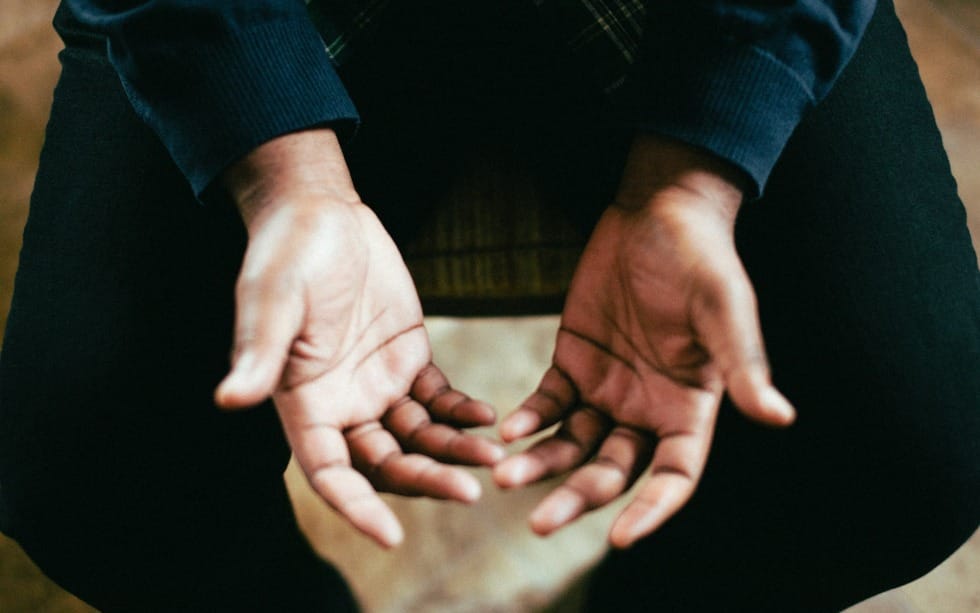Why Does God Help Some and Allow Others to Die? (Acts 11-12)
Have you ever wondered why God rescues some and allows others to die?

Acts 11-12
Today's Scripture Passage
A Few Thoughts to Consider
Have you ever wondered why God rescues some and allows others to die?
The early Christian church was under assault from the beginning. In Acts 11, Peter explains to the believers in Jerusalem how God revealed to him that Gentiles could receive salvation, recounting his vision and the events at Cornelius' house. This serves as a breakthrough, and many Jewish believers accept that God has granted repentance to the Gentiles. Meanwhile, the church in Antioch grows as many Gentiles believe, and Barnabas and Saul (Paul) begin ministering there.
Acts 12 starts on a bleak note, with Herod executing James, John’s brother, with a sword. Herod Agrippa I, born in 10 BC, was the grandson of Herod the Great. After his father's execution, he was sent to Rome and grew up close to the imperial family. Following financial struggles and imprisonment, he was released by Emperor Caligula and became king, ruling over various territories. By AD 41, Emperor Claudius added Judea and Samaria to Agrippa's rule, giving him control of his grandfather's former kingdom until his death in AD 44.[1]
He was certainly not much of a moral figure. Richard Longenecker writes, “Agrippa’s policy was the Pax Romana through the preservation of the status quo. He supported the majority within the land and ruthlessly suppressed minorities when they became disruptive. He viewed Jewish Christians as divisive and felt their activities could only disturb the people and inflame antagonisms.”[2] Thus, when he imprisons the Apostle Peter, from his perspective, his goal is to cut off the head of the Christian snake.
Peter is the leader, and Herod’s probable assumption is that if he can get rid of him, the followers of The Way will disperse. Acts 12:6 says, “When Herod was about to bring him out for trial, that very night Peter, bound with two chains, was sleeping between two soldiers, while the sentries in front of the door guarded the prison.” The author of Acts, Luke, records this tiny detail to show Herod's intent on Peter’s execution. He was willing to double the guard because he wanted this problem resolved.
But God had different plans. Acts 12:7-8 says, 7 “Suddenly an angel of the Lord appeared, and a light shone in the cell. Striking Peter on the side, he woke him up and said, ‘Quick, get up!’ And the chains fell off his wrists. 8 ‘Get dressed,’ the angel told him, ‘and put on your sandals.’ And he did. ‘Wrap your cloak around you,’ he told him, ‘and follow me.’” From there, Peter goes to the house of Mary, where he becomes the answer to prayer of an all-night prayer meeting that was taking place on his behalf. And shortly after that, it’s Herod, not Peter, who suffers a gruesome death. As John Stott writes,
One cannot fail to admire the artistry with which Luke depicts the complete reversal of the church’s situation. At the beginning of the chapter Herod is on the rampage—arresting and persecuting church leaders; at the end he is himself struck down and dies. The chapter opens with James dead, Peter in prison and Herod triumphing; it closes with Herod dead, Peter free, and the word of God triumphing.[3]





